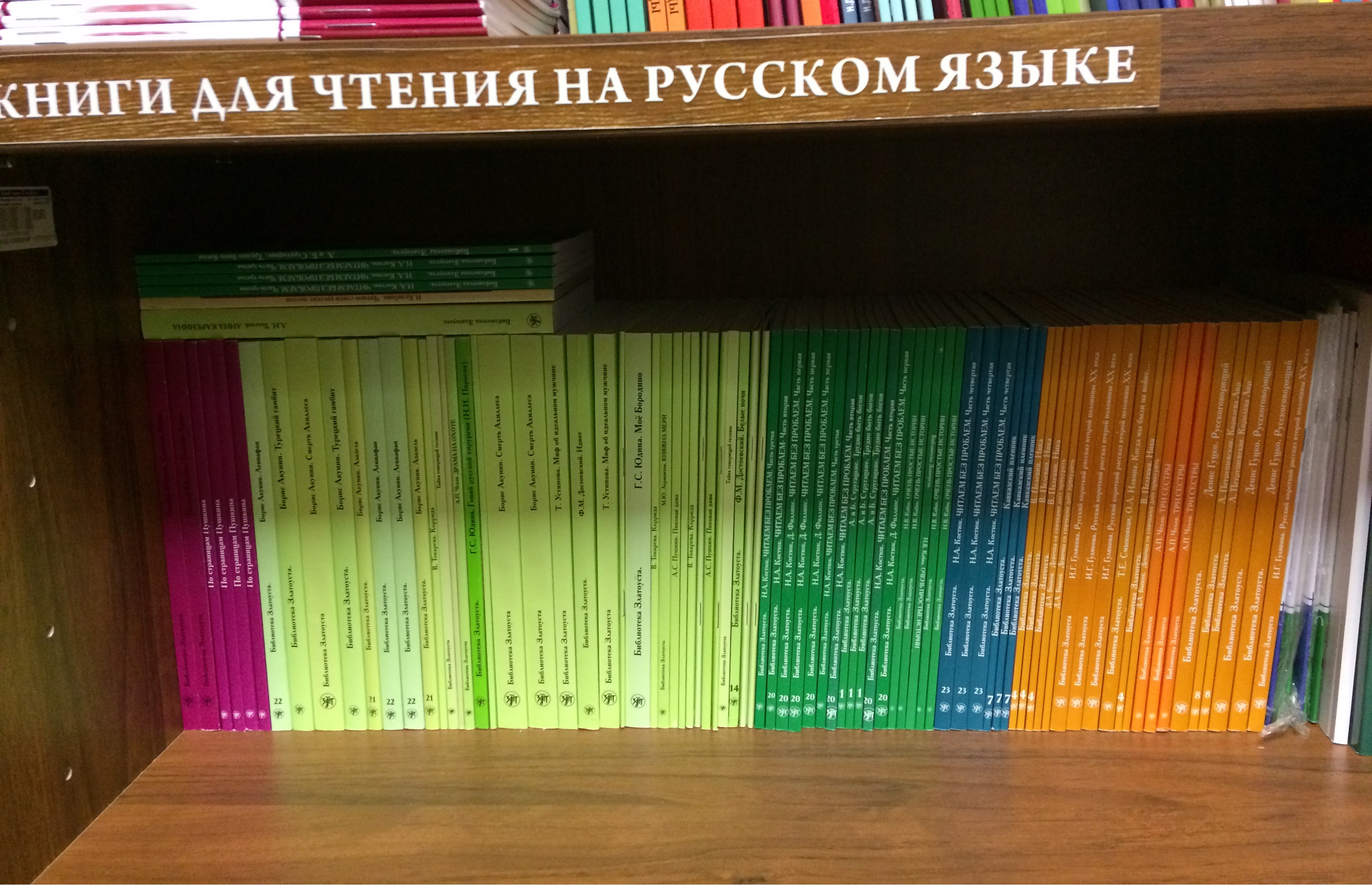
If you are like me and love reading you will enjoy this post. If you don’t enjoy reading that much but want to learn Russian you should still find this article useful. When learning a language all aspects of learning are important; listening, speaking, writing and reading. In this article I will turn the spotlight on the last one, reading, and how reading books in Russian can really help your learning. I will also give a few tips on what to read.
Tip number 1
Reading is an amazing tool to improve your skills and especially your vocabulary. A good way to start is to read adapted literature for foreigners. These are, often, famous books that have been rewritten in a simpler way. Maybe have you wanted to dive into Tolstoy’s War and Peace but found the language too hard and therefore rejected the thought? Start with the adapted version and then once your level has increased you can go hardcore Russian and read the original. Reading Russian classics in adapted forms not only help you advance in your Russian but you will also learn about their cultural heritage in the process. You can find texts from beginner level (search for Метод чтения Ильи Франка) to more advanced (Библиотека Златоуста). The second one is where you find the classics. Reading books used in Russian school could be a good start as well since they also are wellknown books but the language is adapted to suit younger readers (or in our case us studying Russian). Don’t be afraid to read something that’s slightly too hard, usually if you understand the context you can many times guess the meaning of the words you don’t know.
Tip number 2
My second tip is to read books written by foreign authors, maybe in your mother tongue, and then read the Russian translation. This way you are already familiar with the story and it will be easier to follow and understand when reading it in Russian. This is something I have done myself. Some of my favorite books are the ones about Harry Potter and I have started reading them in Russian. I know the books by heart so I can focus on the grammar and new words rather than the story itself.
Tip number 3
Even though the majority of us studying Russian are adults, I will still recommend you to start reading children’s books. Here you can find books with a language level all down to A1. Maybe it feels a bit silly at first and the stories are not so interesting but as we say in Sweden “you must learn how to crawl before you can walk”. Reading Russian children’s books can be interesting though, since you can find many of the most famous Russian fairytales that all Russians heard in their childhood and you will get a deeper understanding of their culture and mentality.
Tip number 4
If you want to make your reading more effective, read out load. This way you not only practice your reading skills but also your pronunciation. This is maybe not something to practice on a café or on the metro but by all means try it at home. You may feel a bit silly at first but it quickly goes away. Maybe I can only speak for myself here but sometimes when I just read a word I don’t understand it but when I say it out loud I do. Maybe it is because I remember a time when I heard the word and then subconsciously also remember the context and meaning of it. I don’t know, I am not a doctor but nevertheless it works for me.
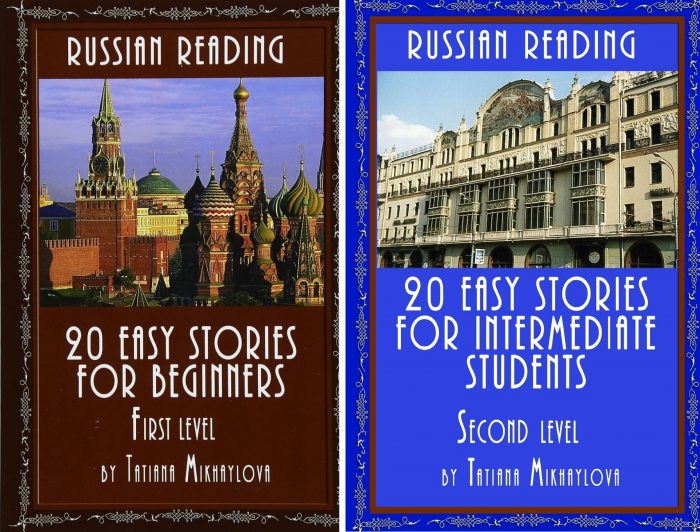
I will finish off with a tip I got from a Russian friend of mine when we were discussing the topic. The book is called “Russian Reading: 20 Easy Stories for Beginners” and is written by Tatiana Mikhaylova. The book consists of 20 short stories that tell about everyday Russian life so you will once again get some cultural knowledge as a bonus. The book uses simple grammar and easy words and there is a vocabulary list at the end of each story so you can read the book without having to use a dictionary every other minute. Once you completed this one there is a following book in the same format but with more difficult language: Russian Reading. 20 Easy Stories For Intermediate Students.
So what are you waiting for? Читайте!

Students will be happy to learn that the Russian Government has today announced plans to make Russian language easier in an effort to simplify greater international engagement. …

In a previous post, we revealed that Russians don't really say “na zdarovje” when they toast. While the phrase has been popularised in English language media – and a lot of Russians will nod politely and clink glasses with you if you use it – it’s not something a native speaker would ever…
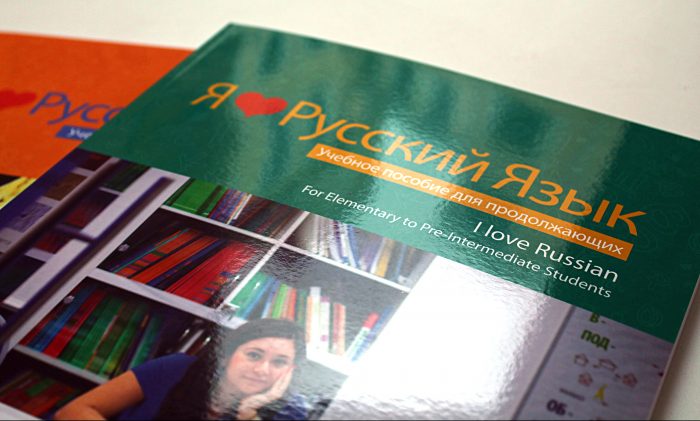
Improve your Russian while working as an expat? Mission possible! …
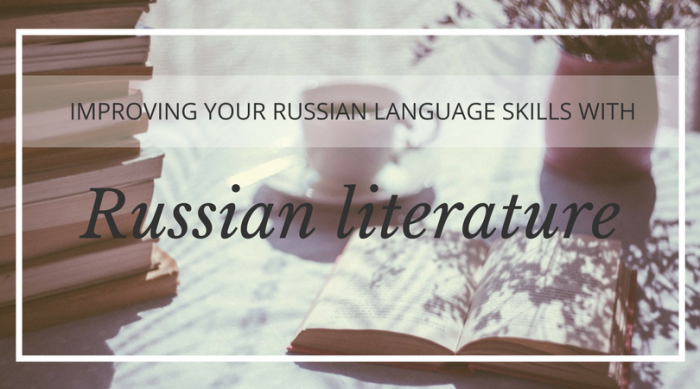
What could be a better way for Russian immersion than reading, especially when you read the books that you find interesting and that can give you a better idea of the culture of Russia? Co-founder of Liden & Denz, Walter Denz shares his experience on how reading Russian literature can improve your…
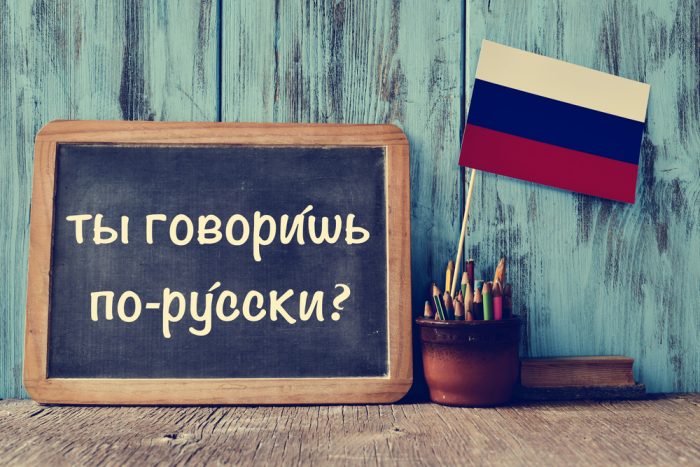
Learning a language is hard. Keeping it when you don't have classes is even harder. So this article is not about how to learn Russian, but how to maintain your Russian. …

Learning the Russian language can be a long, hard slog. Days, weeks, months spent poring over textbooks, attempting to understand the cases, crying over aspects, endeavouring to pronounce ы and щ. …

Many language learners desire to communicate well with native speakers of the language or those who speak it. I have always dreamt of talking more fluently and texting through social media with my Russian friends better. It is no exaggeration to say that good communication skill gives you an…
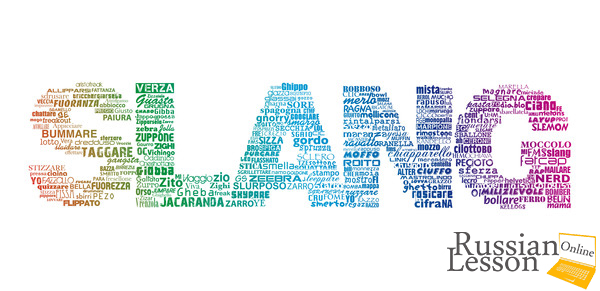
If you are already able to speak Russian, then congratulations! You are on a good way. But even if you are, let’s say, on level B2, you have probably been in situations with Russians, especially younger people, where you did not understand everything they said — either because they were speaking…